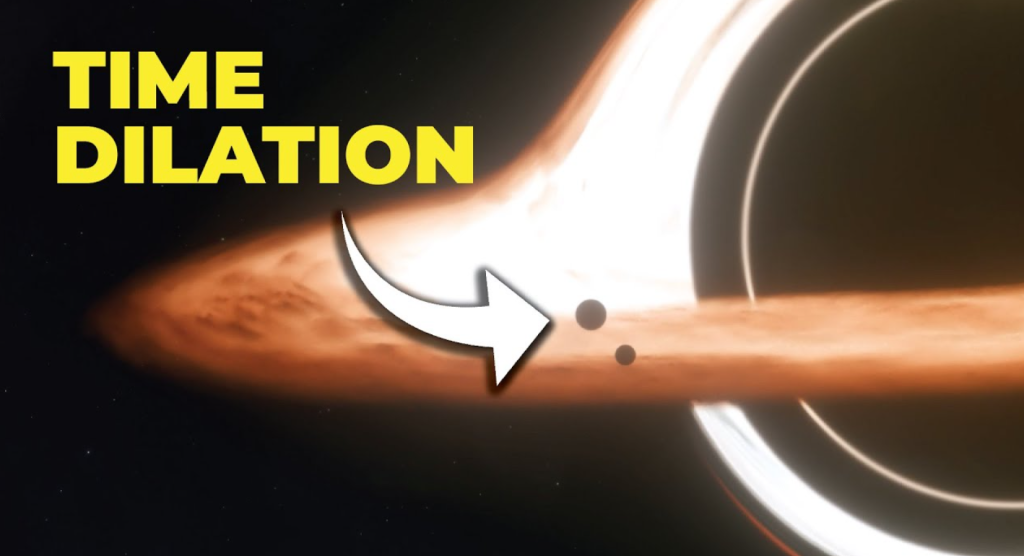Where do we find the slowest clocks in the universe? The answer lies in the most extreme places—black holes. There exists a clock in the universe that takes longer than the entire history of the Earth just to tick once. Time doesn’t pass at the same rate everywhere; it slows down depending on where you are in the universe.

The Mystery of Time Dilation
Imagine standing still while everything around you moves. Time feels normal for you. However, if you were moving incredibly fast or near something with immense gravity, like a black hole, time would behave differently.
Consider a treadmill—one person is walking while another is sprinting. To the person sprinting, time feels like it’s rushing by, while for the walker, it moves at a normal pace. But if the walker observes the sprinter, their movements might appear in slow motion. This is time dilation—time isn’t the same for everyone, everywhere.
Black Holes: The Ultimate Time Warpers
Black holes are regions in space where gravity is so strong that nothing can escape, not even light. The closer you get to a black hole, the slower time ticks. In the movie Interstellar, a planet near a black hole experiences extreme time dilation—one hour there equals seven years on Earth. If you spent just a few hours near such a black hole, decades would pass back home.
Time dilation occurs because gravity stretches spacetime, much like a heavy ball distorts a rubber sheet. A black hole creates an enormous dent in spacetime, slowing time to a crawl. If you watched someone fall toward a black hole, they would appear to move in slow motion, almost frozen in time. But to them, time would feel normal.
Neutron Stars and Time Dilation on Earth
While black holes create the slowest clocks in the universe, neutron stars also cause significant time dilation. These incredibly dense remnants of supernovae create intense gravity, slowing time more than on Earth but not as dramatically as black holes.
Time dilation isn’t just a cosmic phenomenon—it happens here on Earth too. GPS satellites orbiting at high speeds and experiencing less gravity than we do on the ground actually tick slightly faster. Without accounting for this difference, GPS navigation would be off by several kilometers each day.
The Ultimate Time Trap: The Event Horizon
Approaching a black hole’s event horizon—the point of no return—causes time to slow to an extreme degree. From an outside observer’s perspective, anything nearing the event horizon appears frozen in time. Inside a black hole, the normal rules of time and space break down completely, trapping anything that enters in a moment that lasts forever.
Conclusion
Time is not constant—it bends and stretches depending on gravity and movement. As we explore space, understanding time dilation will be crucial for long-term space travel and even the theoretical possibilities of time travel itself.